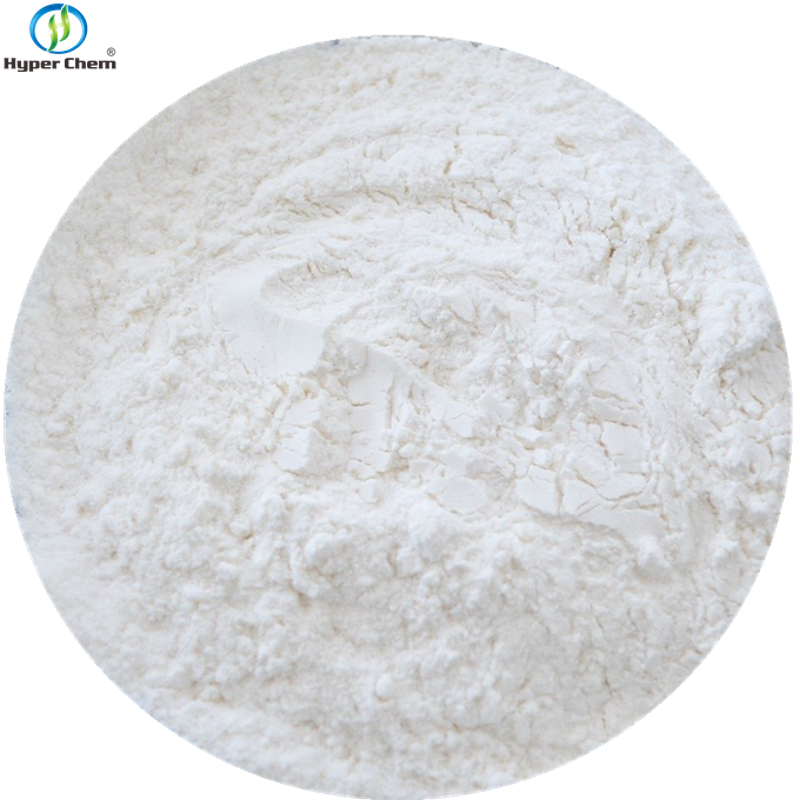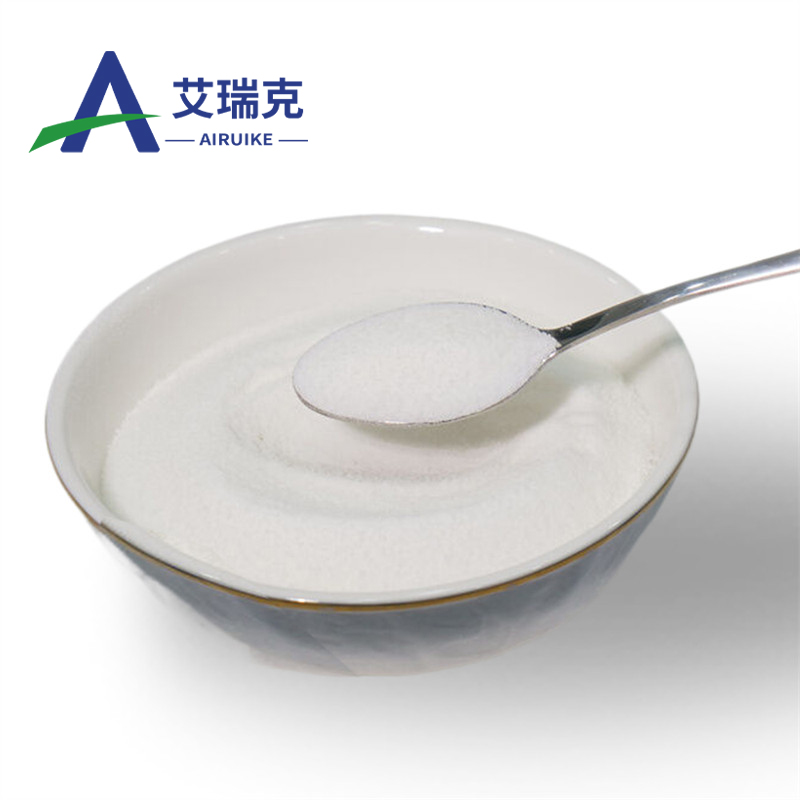-
Categories
-
Pharmaceutical Intermediates
-
Active Pharmaceutical Ingredients
-
Food Additives
- Industrial Coatings
- Agrochemicals
- Dyes and Pigments
- Surfactant
- Flavors and Fragrances
- Chemical Reagents
- Catalyst and Auxiliary
- Natural Products
- Inorganic Chemistry
-
Organic Chemistry
-
Biochemical Engineering
- Analytical Chemistry
-
Cosmetic Ingredient
- Water Treatment Chemical
-
Pharmaceutical Intermediates
Promotion
ECHEMI Mall
Wholesale
Weekly Price
Exhibition
News
-
Trade Service
China is the country with the highest lifetime risk of stroke and the heaviest disease burden
.
Among them, about 1/3 of stroke patients will experience post-stroke cognitive impairment (PSCI), which seriously affects the quality of life
China is the country with the highest lifetime risk of stroke and the heaviest disease burden
concept
Concepts Concept PSCI refers to a clinical syndrome characterized by cognitive impairment that develops after a stroke event and persists up to 6 months.
The establishment of a PSCI diagnosis should have three elements :
-
Definite stroke diagnosis: A stroke diagnosis supported by clinical or imaging evidence, including transient ischemic attack, hemorrhagic stroke, and ischemic stroke
-
Temporal relationship between stroke and cognitive impairment: occurs after the stroke event and persists for 3 to 6 months
Presence of cognitive impairment: The patient complained or reported cognitive impairment after an insider report or an experienced clinician judged a stroke event, and neuropsychological evidence confirmed the presence of functional impairment in more than one cognitive domain or evidence of cognitive decline compared to the past -
Temporal relationship between stroke and cognitive impairment: occurs after the stroke event and persists for 3 to 6 months
A definitive diagnosis of PSCI requires clinical, imaging, and neuropsychological evaluations
.
Clinical assessment should focus on the diagnosis of stroke and the presence of cognitive impairment and reduced living and working abilities through history and physical examination
.
At the same time, on the one hand, we collect information that can exclude other causes of cognitive impairment; on the other hand, we collect risk factors for PSCI to identify high-risk groups of PSCI
.
MRI is the gold standard for imaging evaluation.
The evaluation contents include at least brain atrophy (location and degree), cerebral infarction (location, size, number), white matter lesions (range) and cerebral hemorrhage (location, size, number), which will be clear Provide the basis for diagnosis, differential diagnosis, clinical classification and prediction of the occurrence of PSCI .
Neuropsychological assessment establishes cognitive impairment and its extent, and should include at least five core cognitive domains: executive function, attention, memory, language ability, and visuospatial ability .
In addition, comorbidities such as psychobehavioral symptoms and affective disorders should be assessed .
Prevention Prevention At this stage, more and more studies suggest that 90% of strokes and 1/3 of dementia are preventable .
Prevention strategies for PSCI require a comprehensive, holistic approach and interprofessional collaboration: primary prevention targeting modifiable risk factor interventions for stroke and cognitive impairment, and interventions targeting acute stroke treatment, stroke recurrence prevention, and early cognitive impairment interventions Secondary prevention .
prevention
Recommendation:
Recommendations: Recommendations:-
Active control of vascular risk factors can not only reduce the occurrence of stroke events, but also be beneficial in preventing dementia (Class I recommendation, Level of evidence B)
.
-
Active control of vascular risk factors can not only reduce the occurrence of stroke events, but also be beneficial in preventing dementia (Class I recommendation, Level of evidence B)
-
Active control of vascular risk factors can not only reduce the occurrence of stroke events, but also be beneficial in preventing dementia (Class I recommendation, Level of evidence B)
.
Active control of vascular risk factors can not only reduce the occurrence of stroke events, but also be beneficial in preventing dementia (Class I recommendation, Level of evidence B) -
Active control of blood pressure in hypertensive patients and active control of blood sugar in diabetic patients to prevent PSCI (Class I recommendation, Level of Evidence B)
.
-
Active control of blood pressure in hypertensive patients and active control of blood sugar in diabetic patients to prevent PSCI (Class I recommendation, Level of Evidence B)
.
Active control of blood pressure in hypertensive patients and active control of blood sugar in diabetic patients to prevent PSCI (Class I recommendation, Level of Evidence B) -
Active control of hyperlipidemia may be beneficial for the prevention of PSCI (Class IIb recommendation, Level of Evidence C)
.
-
Active control of hyperlipidemia may be beneficial for the prevention of PSCI (Class IIb recommendation, Level of Evidence C)
.
Active control of hyperlipidemia may be beneficial for the prevention of PSCI (Class IIb recommendation, Level of Evidence C) -
It is recommended to improve the level of education, actively participate in physical exercise, and increase social participation to enhance cognitive reserve (level I recommendation, level of evidence C)
.
-
It is recommended to improve the level of education, actively participate in physical exercise, and increase social participation to enhance cognitive reserve (level I recommendation, level of evidence C)
.
It is recommended to improve the level of education, actively participate in physical exercise, and increase social participation to enhance cognitive reserve (level I recommendation, level of evidence C) -
Intravenous thrombolysis and/or mechanical thrombectomy in the acute phase of stroke and active prevention of recurrent stroke are beneficial for the prevention of PSCI (Class I, Level of Evidence B)
.
-
Intravenous thrombolysis and/or mechanical thrombectomy in the acute phase of stroke and active prevention of recurrent stroke are beneficial for the prevention of PSCI (Class I, Level of Evidence B)
.
Intravenous thrombolysis and/or mechanical thrombectomy in the acute phase of stroke and active prevention of recurrent stroke are beneficial for the prevention of PSCI (Class I, Level of Evidence B) -
Cholinesterase inhibitors donepezil and rivastigmine can be used in the treatment of PSCI to improve patients' cognitive function and ability of daily living (Class I recommendation, Level A evidence)
.
-
Cholinesterase inhibitors donepezil and rivastigmine can be used in the treatment of PSCI to improve patients' cognitive function and ability of daily living (Class I recommendation, Level A evidence)
.
Cholinesterase inhibitors donepezil and rivastigmine can be used in the treatment of PSCI to improve patients' cognitive function and ability of daily living (Class I recommendation, Level A evidence) -
The cholinesterase inhibitor galantamine may be effective in PSCI, but its safety and tolerability are poor (Class IIa recommendation, Level A evidence)
.
-
The cholinesterase inhibitor galantamine may be effective in PSCI, but its safety and tolerability are poor (Class IIa recommendation, Level A evidence)
.
The cholinesterase inhibitor galantamine may be effective in PSCI, but its safety and tolerability are poor (Class IIa recommendation, Level A evidence) -
Memantine is safe and well tolerated, and may be effective in post-stroke aphasia (Class IIa recommendation, Level B evidence)
.
-
Memantine is safe and well tolerated, and may be effective in post-stroke aphasia (Class IIa recommendation, Level B evidence)
.
Memantine is safe and well tolerated, and may be effective in post-stroke aphasia (Class IIa recommendation, Level B evidence) -
Calf blood deproteinized extract and oxiracetam may be effective in improving cognitive function in PSCI, but large-scale clinical trials are still needed to confirm (Class IIb recommendation, Level B evidence)
.
-
Calf blood deproteinized extract and oxiracetam may be effective in improving cognitive function in PSCI, but large-scale clinical trials are still needed to confirm (Class IIb recommendation, Level B evidence)
.
Calf blood deproteinized extract and oxiracetam may be effective in improving cognitive function in PSCI, but large-scale clinical trials are still needed to confirm (Class IIb recommendation, Level B evidence) -
Non-drug therapy should be the first choice for the treatment of mild mental and behavioral symptoms (Class IIb recommendation, Level B evidence)
.
-
Non-drug therapy should be the first choice for the treatment of mild mental and behavioral symptoms (Class IIb recommendation, Level B evidence)
.
Non-drug therapy should be the first choice for the treatment of mild mental and behavioral symptoms (Class IIb recommendation, Level B evidence) -
Selective serotonin reuptake inhibitors are recommended for depression treatment (Class IIb, Level of Evidence C)
.
-
Selective serotonin reuptake inhibitors are recommended for depression treatment (Class IIb, Level of Evidence C)
.
Selective serotonin reuptake inhibitors are recommended for depression treatment (Class IIb, Level of Evidence C) -
Low-dose atypical antipsychotics are the first choice for antipsychotics, and the clinical benefits and potential risks of patients should be fully considered (Class IIb recommendation, Level C evidence)
.
-
Low-dose atypical antipsychotics are the first choice for antipsychotics, and the clinical benefits and potential risks of patients should be fully considered (Class IIb recommendation, Level C evidence)
.
Low-dose atypical antipsychotics are the first choice for antipsychotics, and the clinical benefits and potential risks of patients should be fully considered (Class IIb recommendation, Level C evidence) -
Cognitive training intervention studies may be effective in improving PSCI (Class IIa recommendation, Level B evidence)
.
-
Cognitive training intervention studies may be effective in improving PSCI (Class IIa recommendation, Level B evidence)
.
Cognitive training intervention studies may be effective in improving PSCI (Class IIa recommendation, Level B evidence) -
Rehabilitation should be individualized and require a long-term goal to restore as much as possible the patient’s life skills, such as self-care, family and economic management, psychological balance, and return to work (Class IIa recommendation, Level C evidence )
.
-
Rehabilitation should be individualized and require a long-term goal to restore as much as possible the patient’s life skills, such as self-care, family and economic management, psychological balance, and return to work (Class IIa recommendation, Level C evidence )
.
Rehabilitation should be individualized and require a long-term goal to restore as much as possible the patient’s life skills, such as self-care, family and economic management, psychological balance, and return to work (Class IIa recommendation, Level C evidence )
.
.
high blood pressure diabetes
.
.
.
The main purpose of thrombus therapy in the treatment of PSCI is to delay the further decline of cognitive impairment, improve cognitive level, improve mental and behavioral symptoms and improve the ability of daily living
.
Currently, treatments for PSCI include drug therapy, psycho-behavioral symptom therapy, and rehabilitation
.
Recommendations for drug treatment:
Recommendations for drug therapy: Recommendations for drug therapy:.
.
.
.
Recommendations for the treatment of mental and behavioral symptoms:
Recommendations for the treatment of mental and behavioral symptoms: Recommendations for the treatment of mental and behavioral symptoms:.
.
.
Recommendations for rehabilitation therapy:
Recommendations for rehabilitation therapy: Recommendations for rehabilitation therapy:.
.
leave a message here







